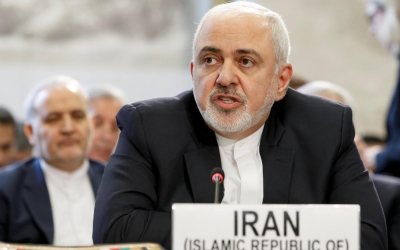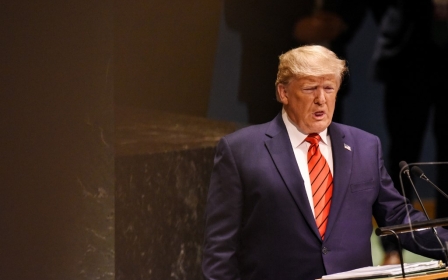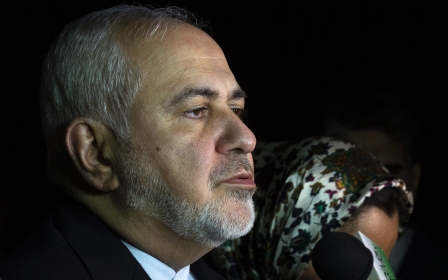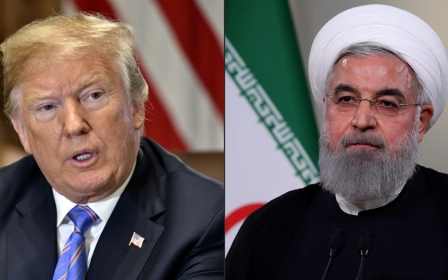US denies request by Iran's Zarif to visit colleague in New York hospital
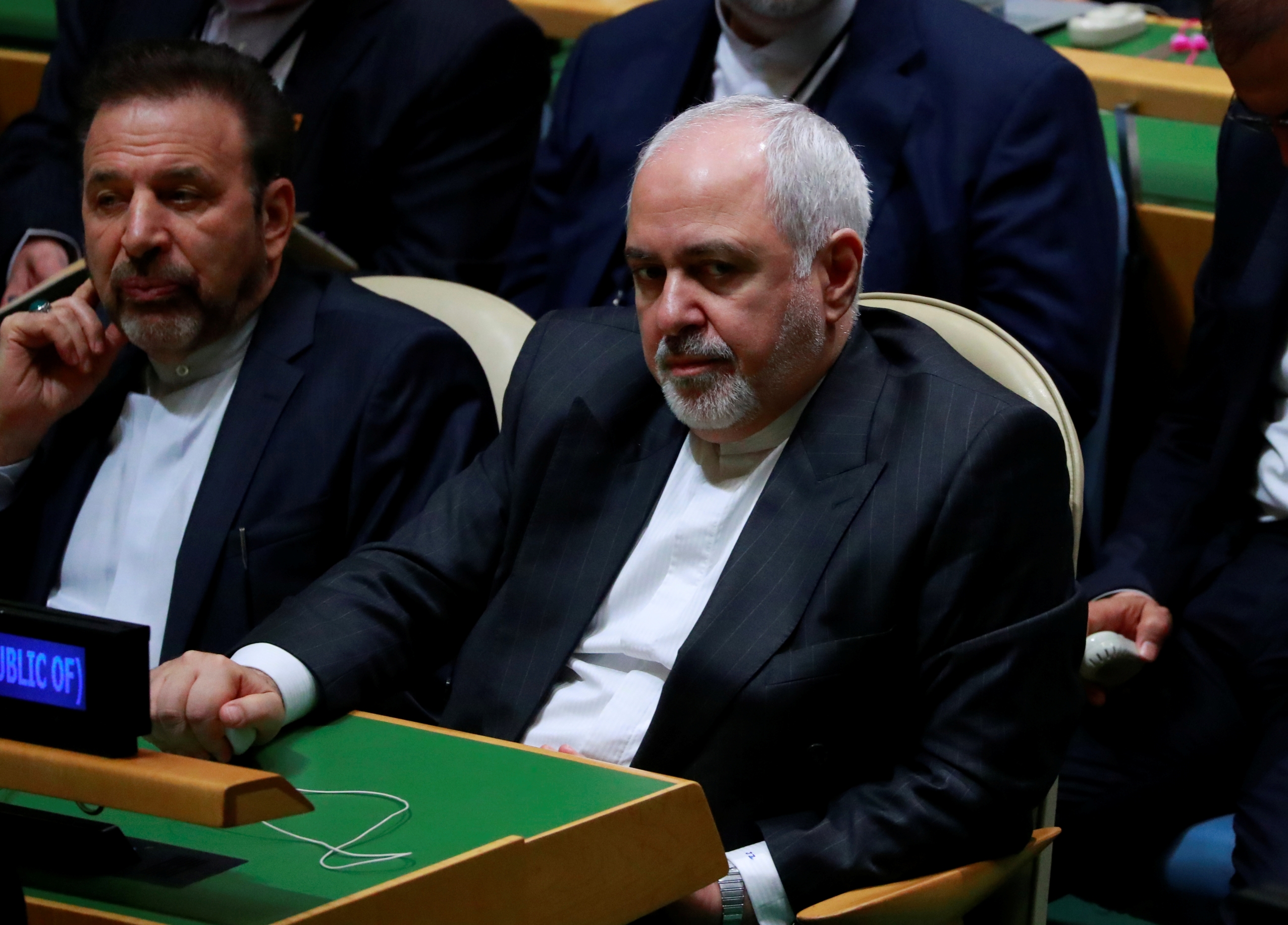
The US rejected a request by Iranian Foreign Minister Mohammad Javad Zarif to visit Iran's UN ambassador in a New York City hospital, where he is currently being treated for cancer, a State Department official said.
In July, the US placed sanctions and travel restrictions on Zarif, allowing him to only travel within six blocks of the UN building in New York City, and to and from John F Kennedy airport.
Zarif is currently in New York for the UN General Assembly, an annual gathering of world leaders.
The State Department said that the foreign minister's request would be granted if Iran were to release one of its US prisoners.
"Iran has wrongfully detained several US citizens for years, to the pain of their families and friends they cannot freely visit," a department spokesperson told MEE. "We have relayed to the Iranian mission that the travel request will be granted if Iran releases a US citizen."
The spokesman for Iran's UN mission, Alireza Miryousefi, told Reuters that Iran's UN Ambassador Majid Takht Ravanchi was receiving cancer treatments in a hospital in the Upper East Side neighborhood of Manhattan.
The issue of prisoner exchange has been a key point of US-Iran tensions, among other recent escalations since President Donald Trump walked away from the Iran nuclear deal last year.
There are at least five Americans currently detained in Iran, while the number of Iranians detained in the US is unclear.
On Thursday, Iran's President Hassan Rouhani said that the country may be open to a prisoner swap, adding that it was the US's move, as it had not reciprocated by releasing an Iranian after Tehran freed a Lebanese man with American permanent residency this past June.
Middle East Eye delivers independent and unrivalled coverage and analysis of the Middle East, North Africa and beyond. To learn more about republishing this content and the associated fees, please fill out this form. More about MEE can be found here.


